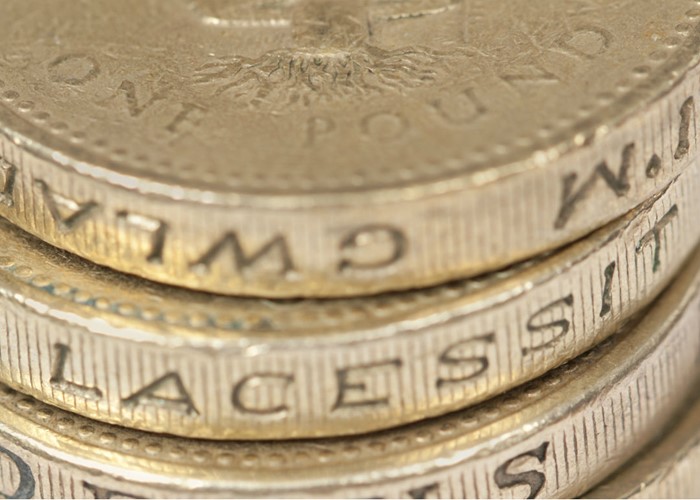Six ways to slash those bills!

If you need to hang onto a bit more cash, why not follow these tips to check council tax charges, save money on your gas and electricity bills, and earn a little extra money?
These days many of us are struggling to keep on top of our finances. And with high redundancy levels, pay cuts and increasing living costs on the agenda, it can be really tough to do this.
But there are ways to fight back - either by reducing your bills or earning some extra cash. Why not try these:
1. Council tax
For a start, have you checked that you're paying the right amount of council tax? Enter your postcode at the Council Tax Valuation site and you can find out what band the other houses in your area are in.
If you're paying significantly more council tax, but live in a home of similar size to your neighbours, you could find you have grounds to appeal to your local valuation office. And should the valuation office agree that you should be in a lower band, you will be entitled to be repaid your overpayments all the way back to 1993, when council tax was first introduced (although previous owners will be entitled to overpayments made when they lived in the property). Find out more in How to slash your council tax bill.
Additionally, don't forget that some residents can reduce their council tax by claiming certain discounts. However, remember to tell your council tax office if you should cease to be entitled to a discount -- failure to do so can lead to prosecution.
2. Gas and electricity payments
However you pay for your gas and/or electricity, it's important you check your bill each month/quarter to make sure it's accurate. If you have an estimated bill, it’s really important that you check your meter and take an accurate reading yourself – otherwise you may be paying too much. Even if this seems like a hassle, it won’t take long and if it saves you money, it’s well worth doing.
Once you’ve submitted your reading to your supplier, your bill should be recalculated and re-issued.
Rachel Robson gives you the lowdown on five ways to cut your energy bills
3. Switch supplier
And while we're talking about gas and electricity suppliers, don't forget that by switching supplier you can save a fortune. Check out the lovemoney.com gas and/or electricity comparison service to find out how much you could be saving.
And don't forget to investigate online tariffs as these are likely to work out cheaper than those that aren’t. It's also worth checking whether paying for dual fuel – using the same supplier for your gas and electricity – could also save you money.
4. Switch to a cheaper broadband provider
When was the last time you shopped around for a broadband service? If you haven't switched in the past two or three years, then you'll be on a 'legacy tariff'. This means you're paying a first-class price for a third-class service. Or in other words, you're getting a slow, old-fashioned service at a high price.
Broadband prices are getting increasingly competitive so it really is worth investigating whether there's a cheaper deal out there for you. So make sure you compare tariffs on a comparison service such as Broadband Choices to find the best deals. It's always a good idea to sign up online as this is likely to be cheaper. And bear in mind that you may also be able to save money by bundling together broadband, home phone and digital TV in a single, one-bill package.
5. Rent a room
This is a bit more of a radical reshuffle, but if you need some extra cash, have an extra room and don't mind sharing, why not rent a room out? You can currently receive up to £4,250 per year tax free (around £354/month) if you rent out a furnished room in your home. What's more, you don't even need to own your home; renters can rent a room, too, provided their lease allows it.
Ed Bowsher investigates great ways to save and earn some extra money!
6. Mortgage
Finally, one of the best ways to save money is to keep on top of that mortgage. Note when your fixed/discounted period will end and start looking for a good deal to re-mortgage to about three months before this date, if you don't want to risk being stuck on an uncompetitive standard variable rate.
If you're concerned about possible interest rate rises next year, you'll be pleased to hear that fixed rates have fallen during 2010 and now stand at their lowest level in seven years. So now is a good time to lock in if you want the security of a fixed rate mortgage.
However, if you’d rather take your chances on interest rates, average trackers are even lower. According to Moneyfacts, two-year deals average 3.56%, but the lowest start at 2.19%.
Just don't forget to take into account the mortgage lender's fee.
You can find out more about some of the best mortgages on the market right now in 30 must-have mortgages whatever your deposit.
This is a classic article that has recently been updated.
More: Beat the food VAT hike | The worst things that banks do
Comments
Be the first to comment
Do you want to comment on this article? You need to be signed in for this feature